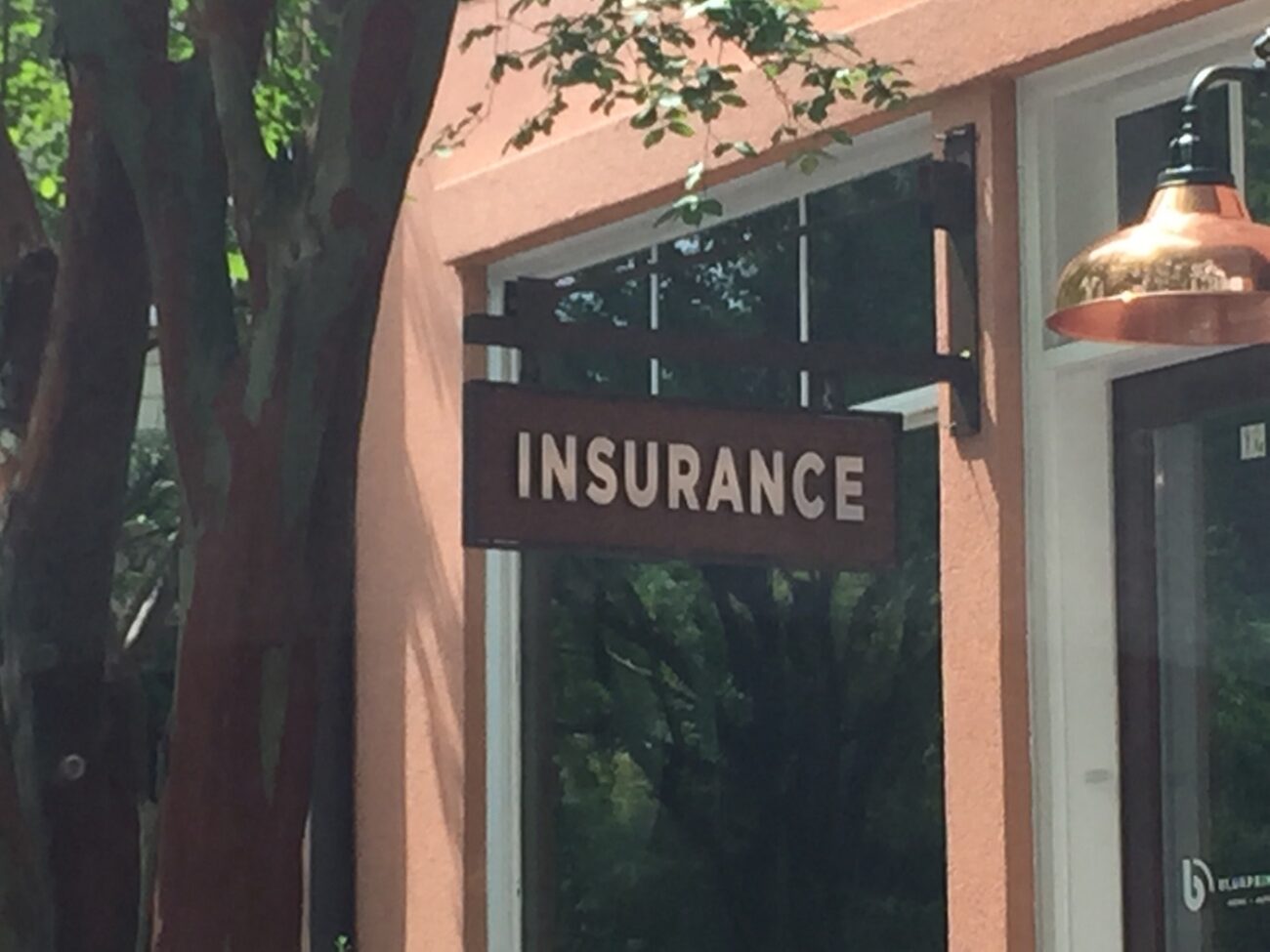Many people assume that their auto insurance rates will remain the same forever. This is a huge mistake. The biggest factor in your auto insurance rate is your driving record. If you’ve had an accident or traffic violation in the past three years, your rates are likely to be much higher than someone with a clean record. Fortunately, there are several things you can do to keep auto insurance low.
Tips to Keep Auto Insurance Low

To help you keep your auto insurance costs down, we’ve put together a few tips to help our clients save on their car insurance. First, being a good driver is the best secret to keep auto insurance low. If you’re a responsible driver, you’re statistically less likely to have an accident or file a claim. A good driver will save money on auto insurance, period.
Next, make sure your car is properly insured. You don’t want to be stuck with a car that has under-insured coverage, which might not be enough to cover the repairs in the event of an accident. Many drivers find themselves with under-insured coverage because they were unaware of their coverage limits or they have the bare minimum required by law. Check your policy and call your agent if there are any changes to your car’s value.
Finding the Ideal Rate
Lastly, make sure you’re getting the best rate possible. Compare quotes from different companies and consider increasing your deductible. Insuring all of your vehicles at once might lower costs, and some carriers offer bulk rates. Talk to an independent agent who can find the best policy to cover all of your vehicles.
Contact an agent at Prince Insurance to receive more advice on how to keep auto insurance low and to request a quote.
















